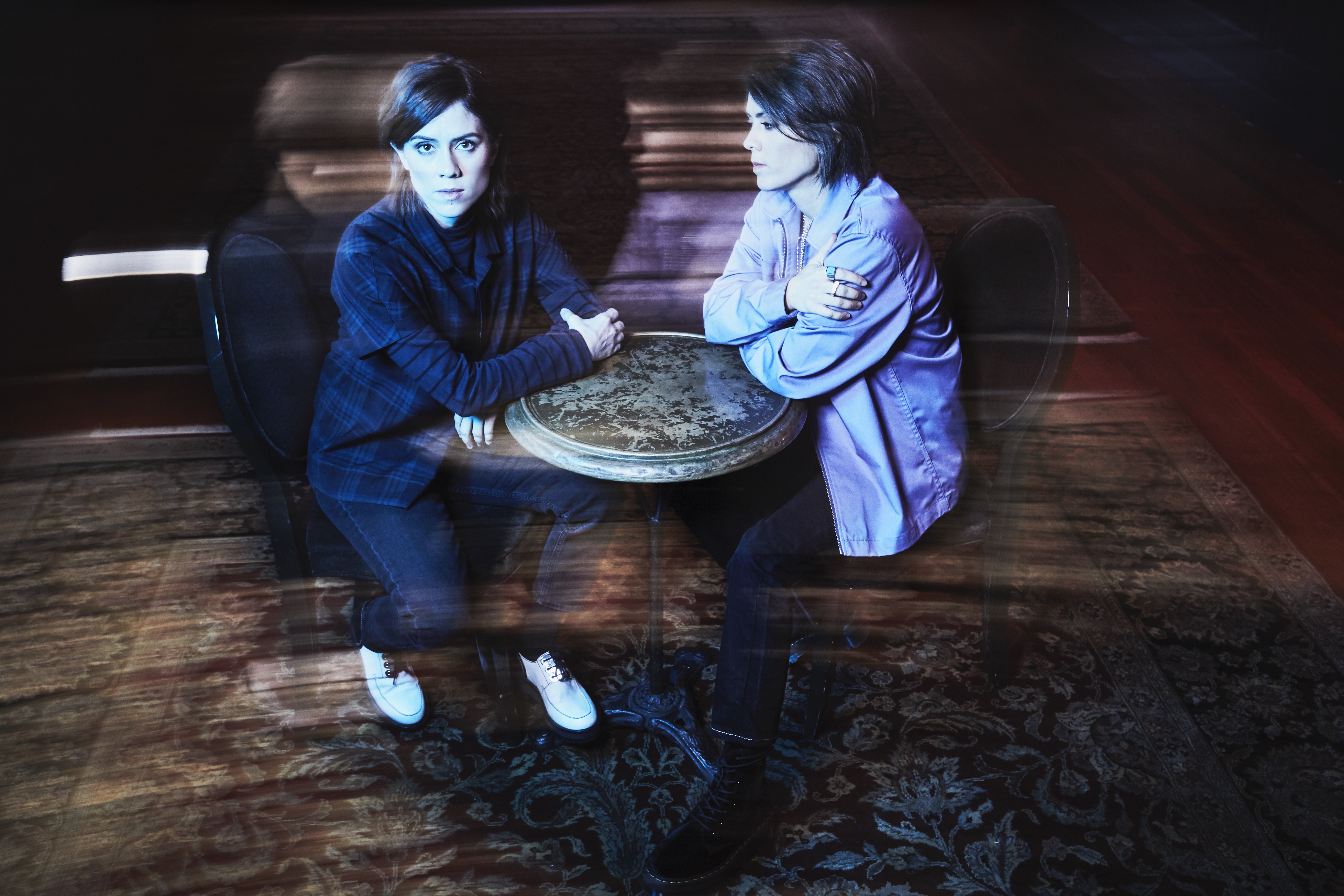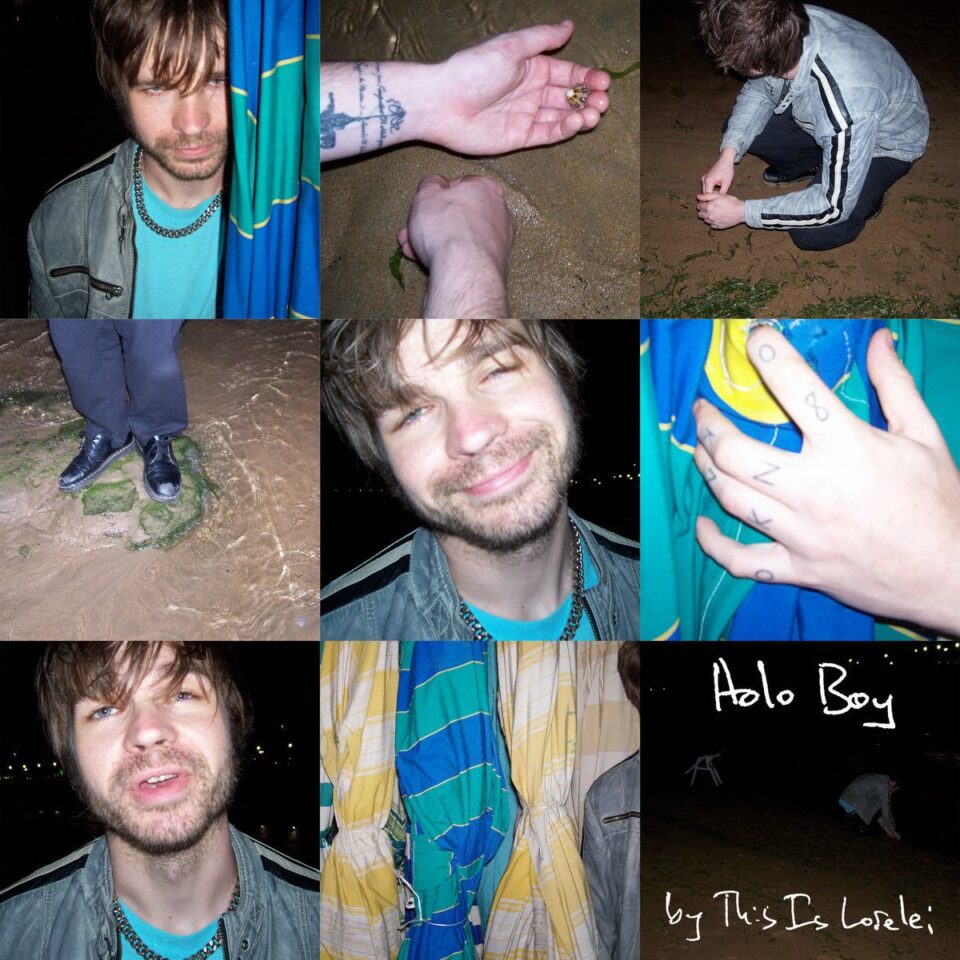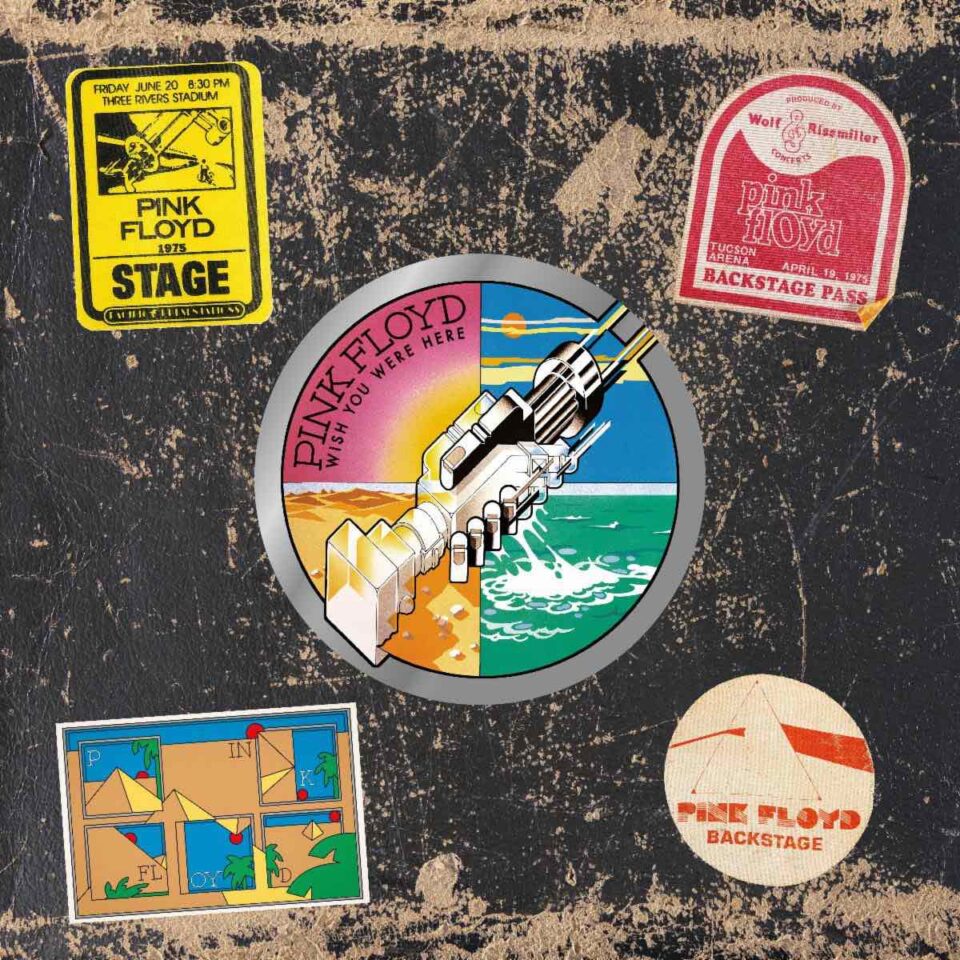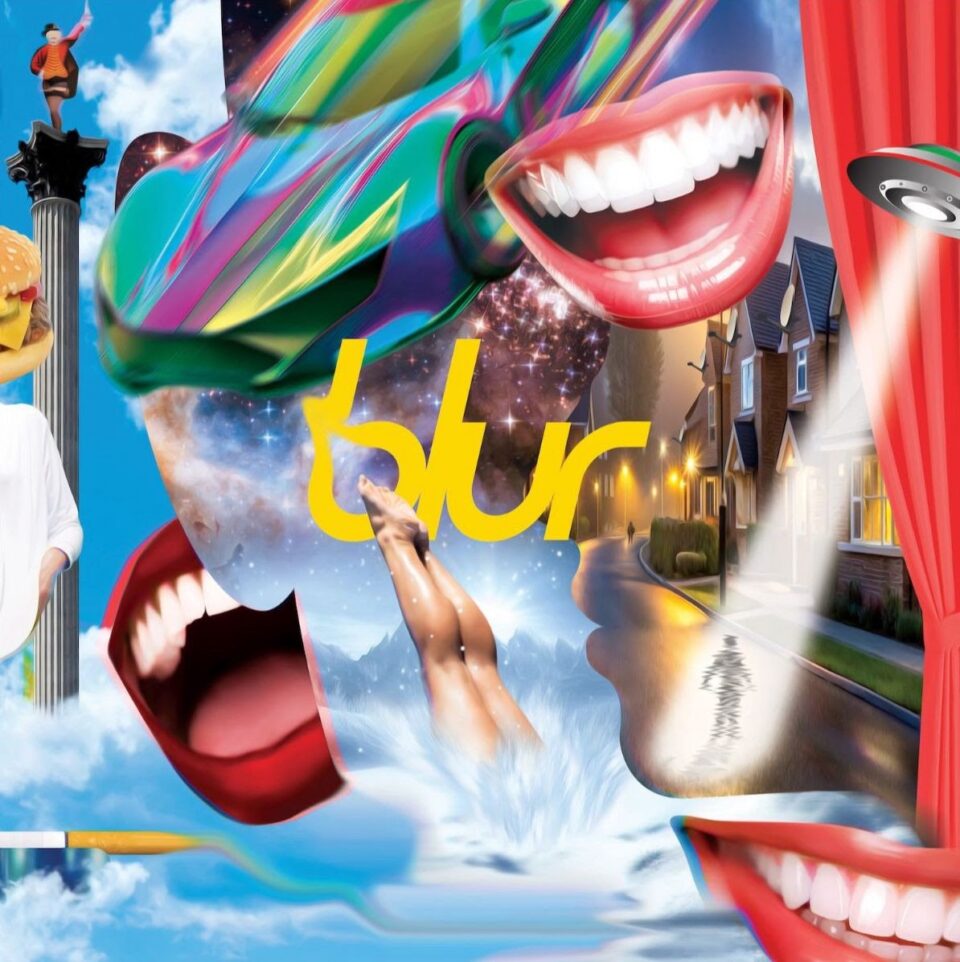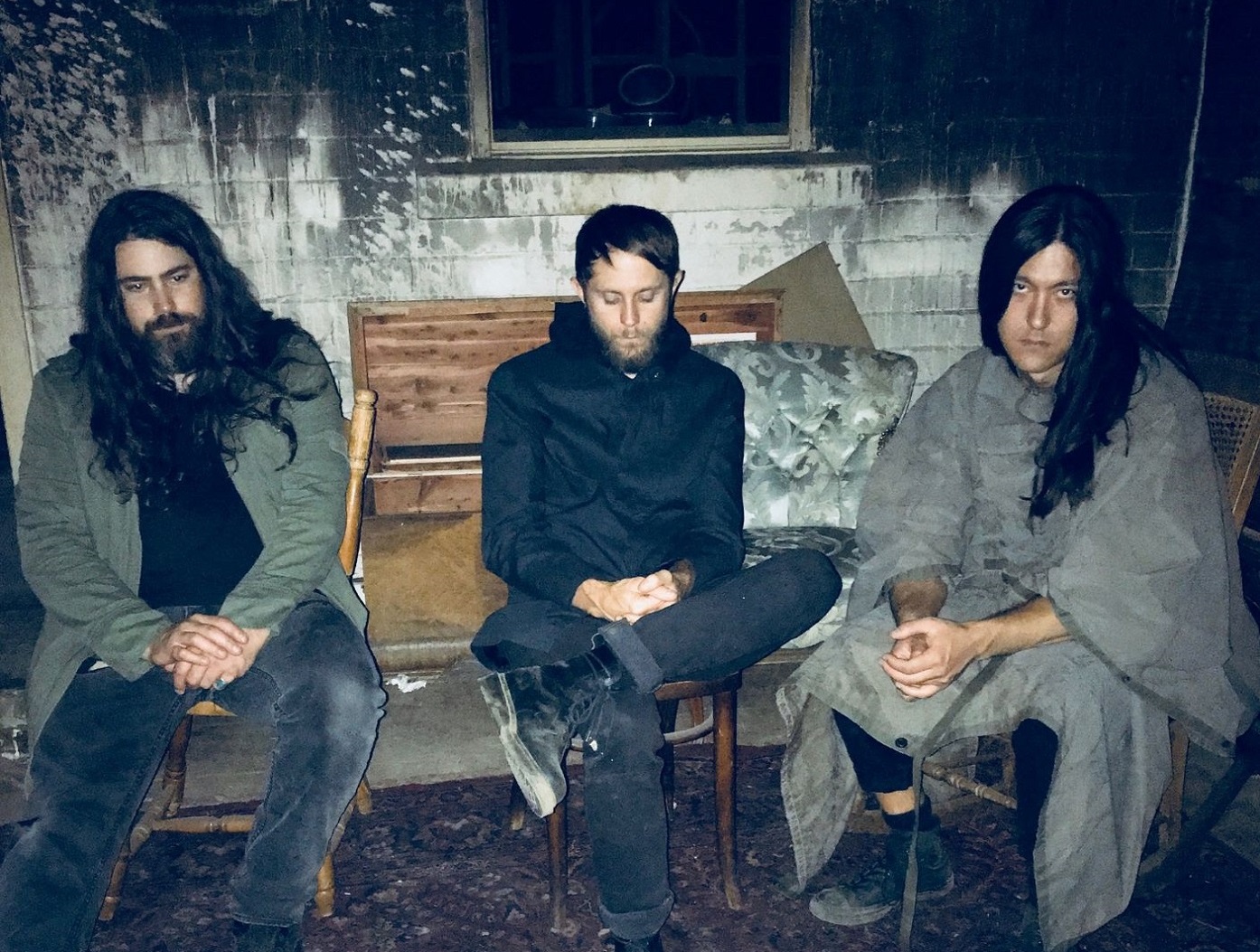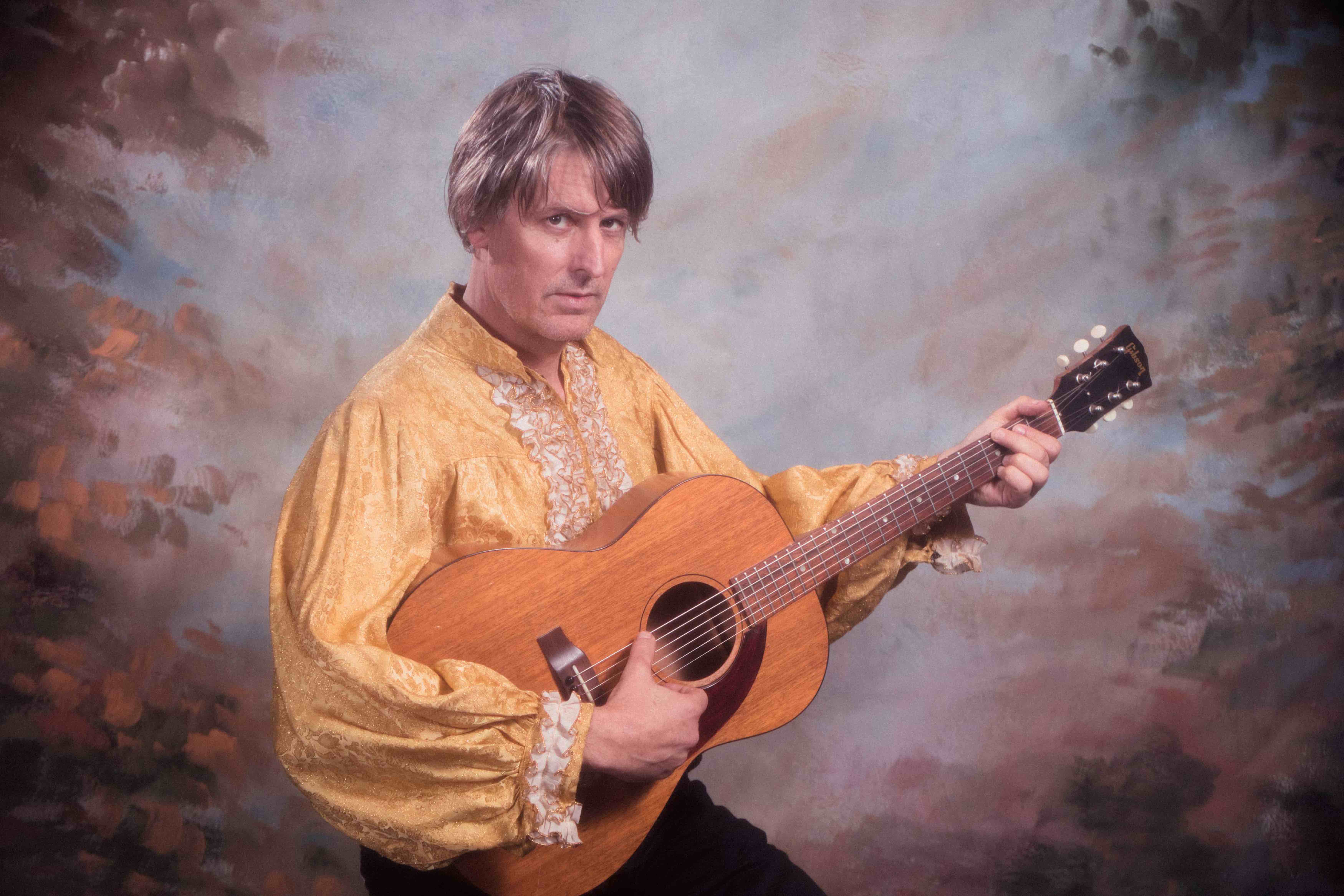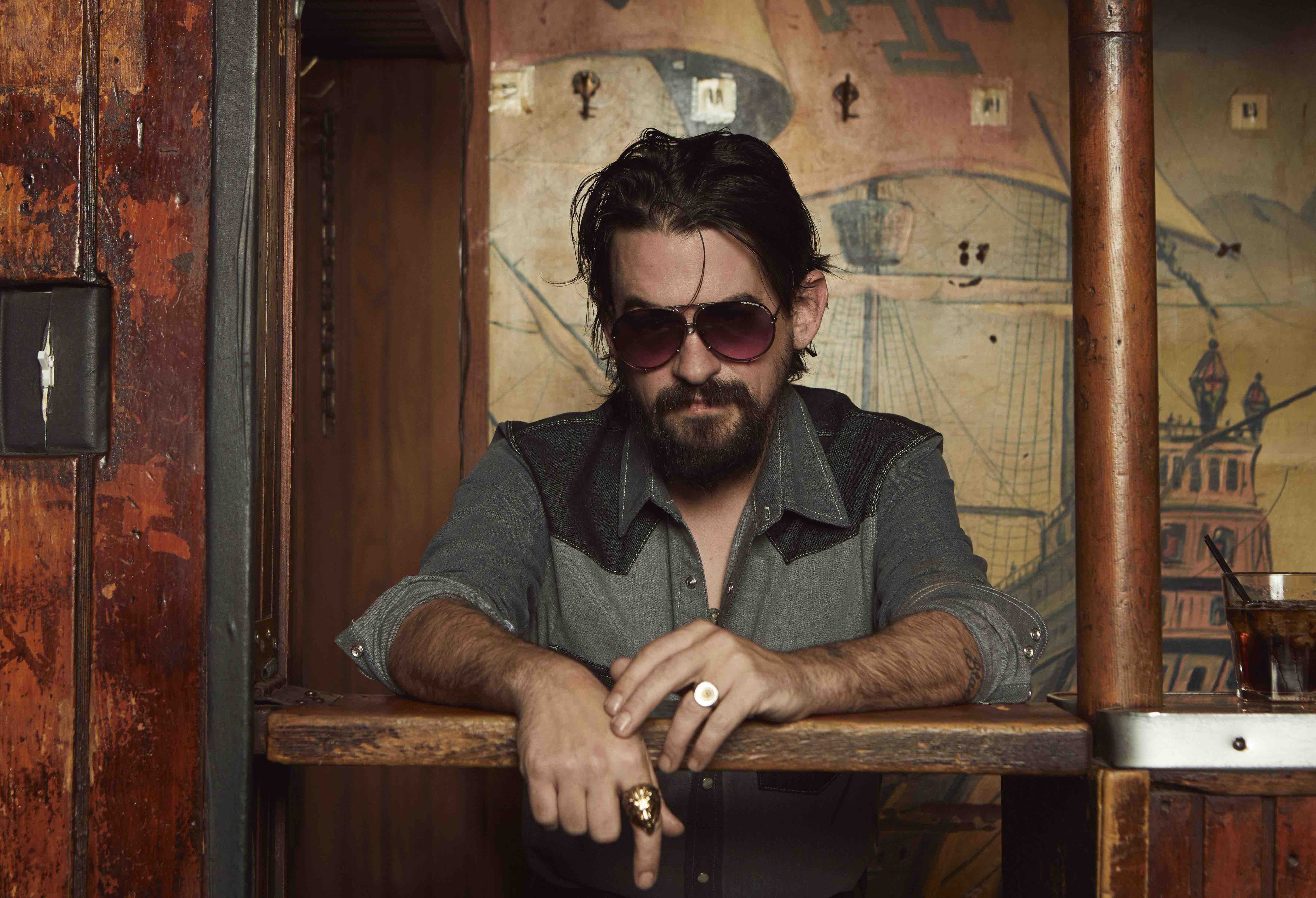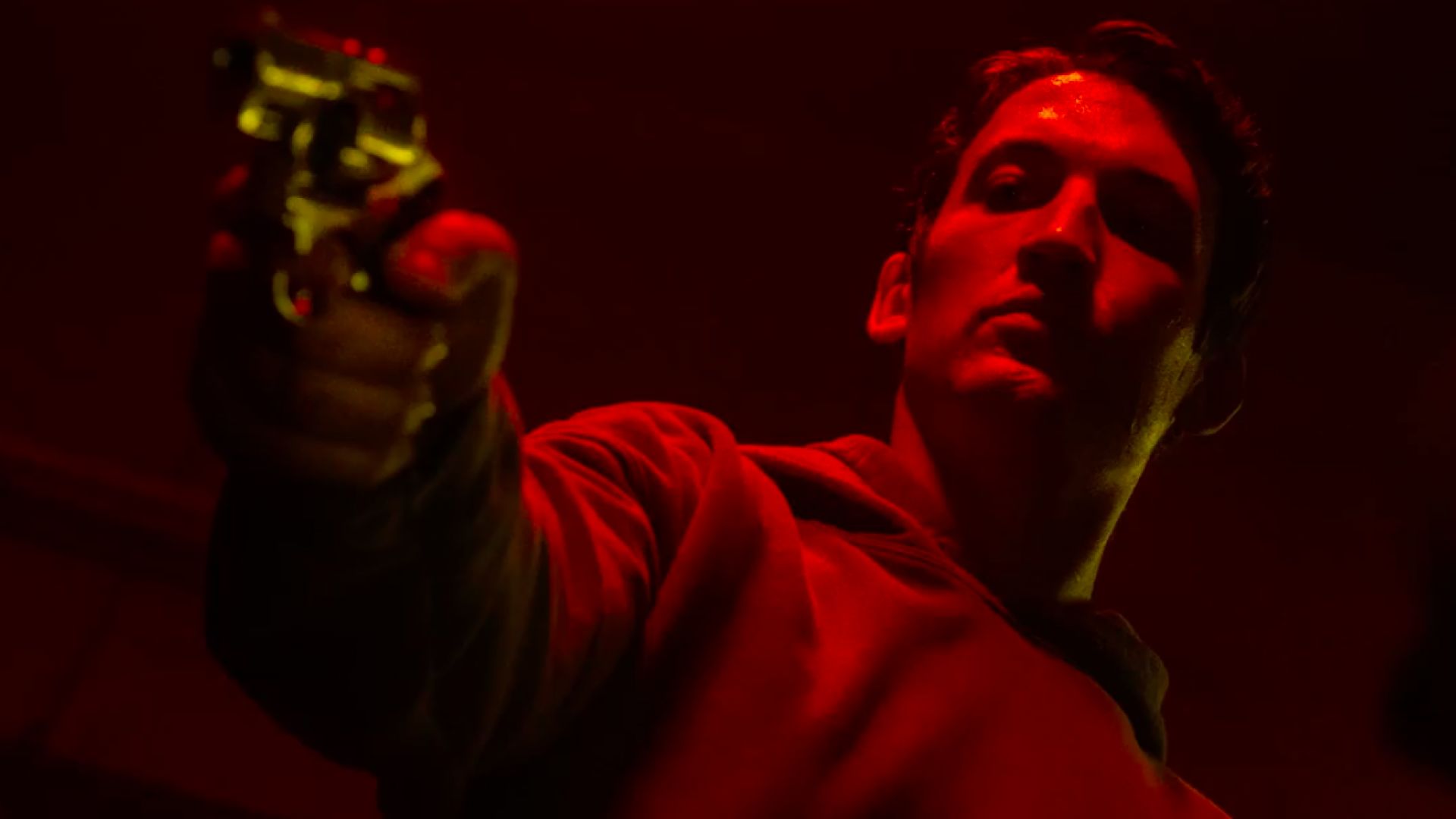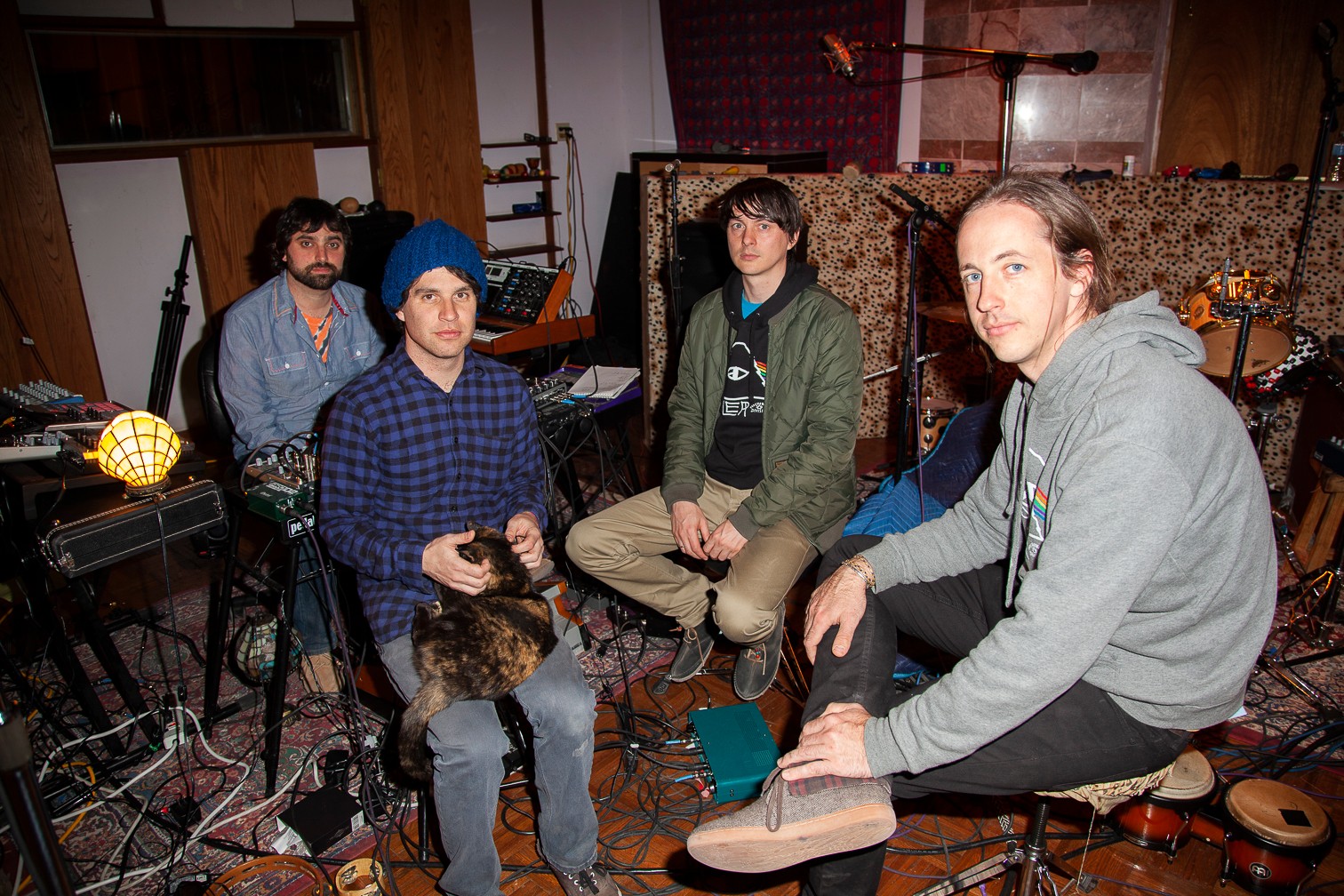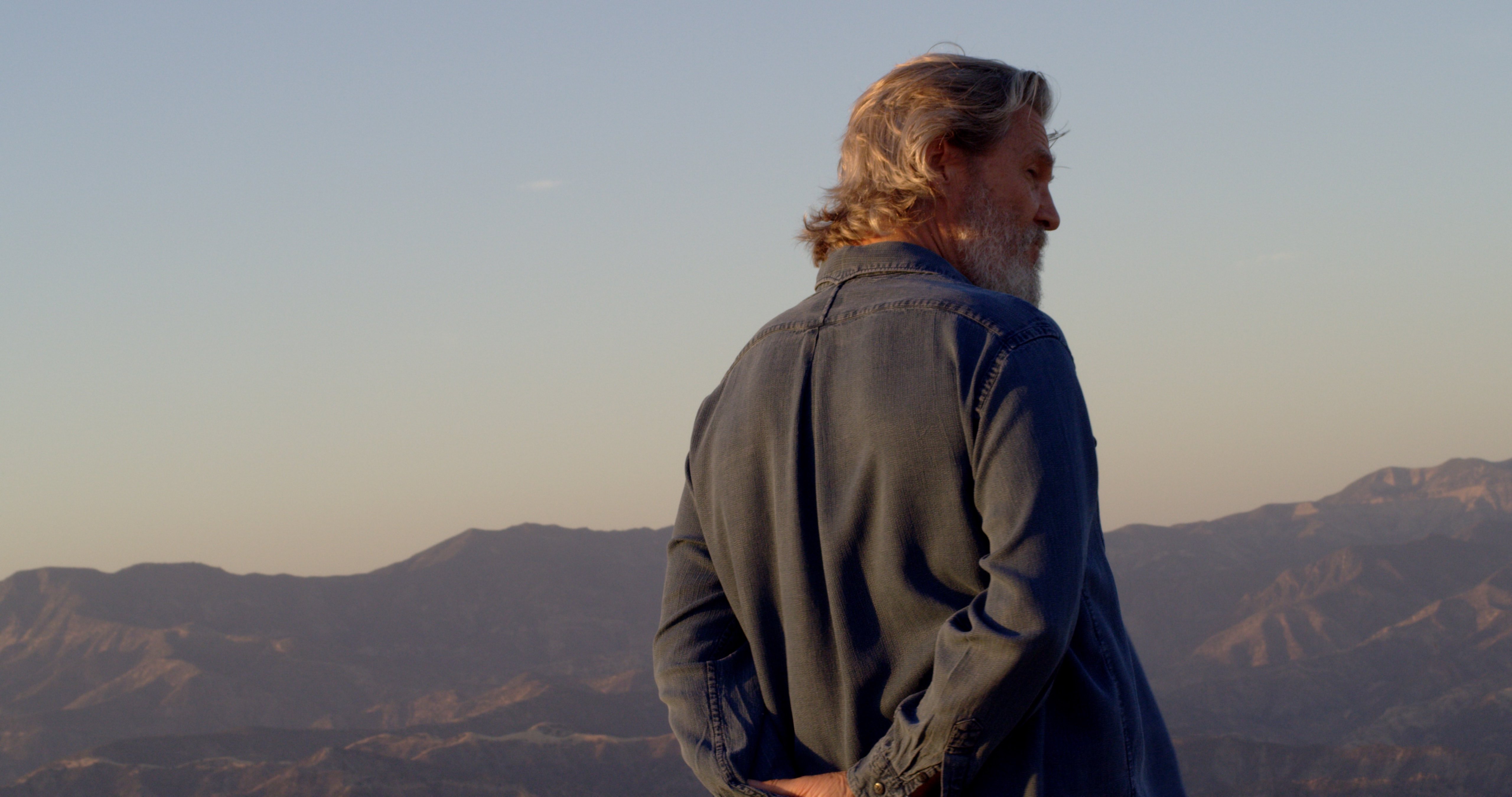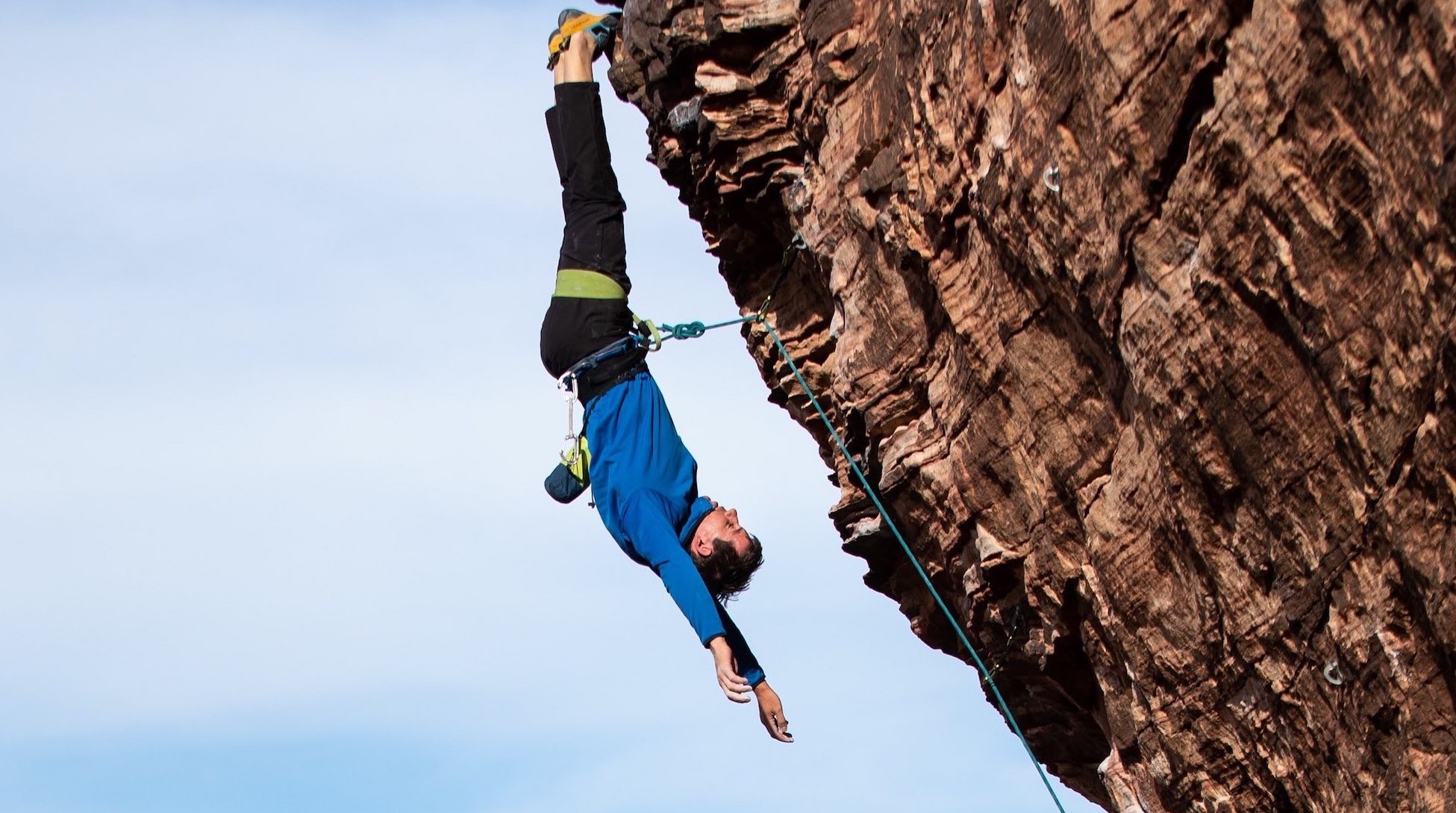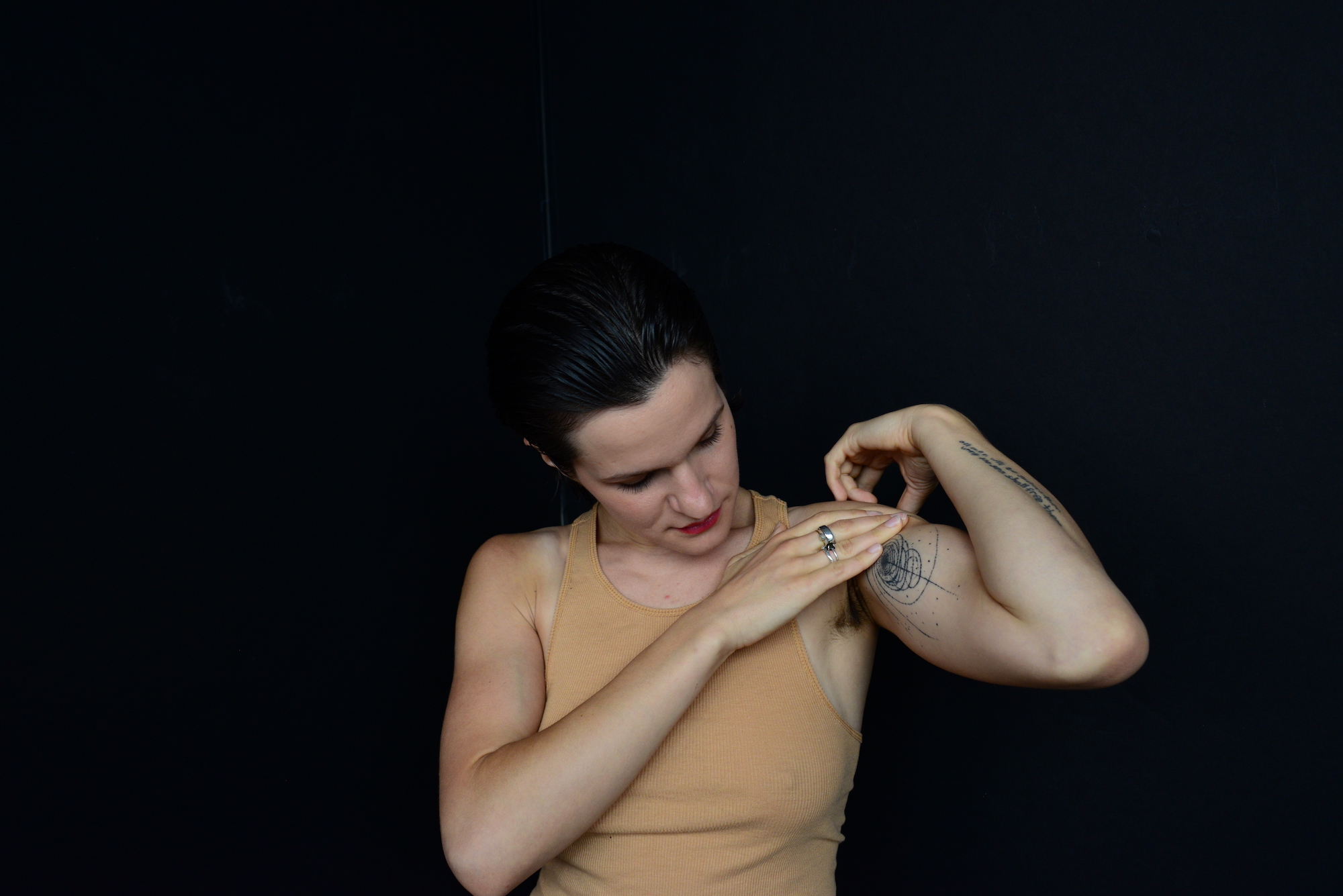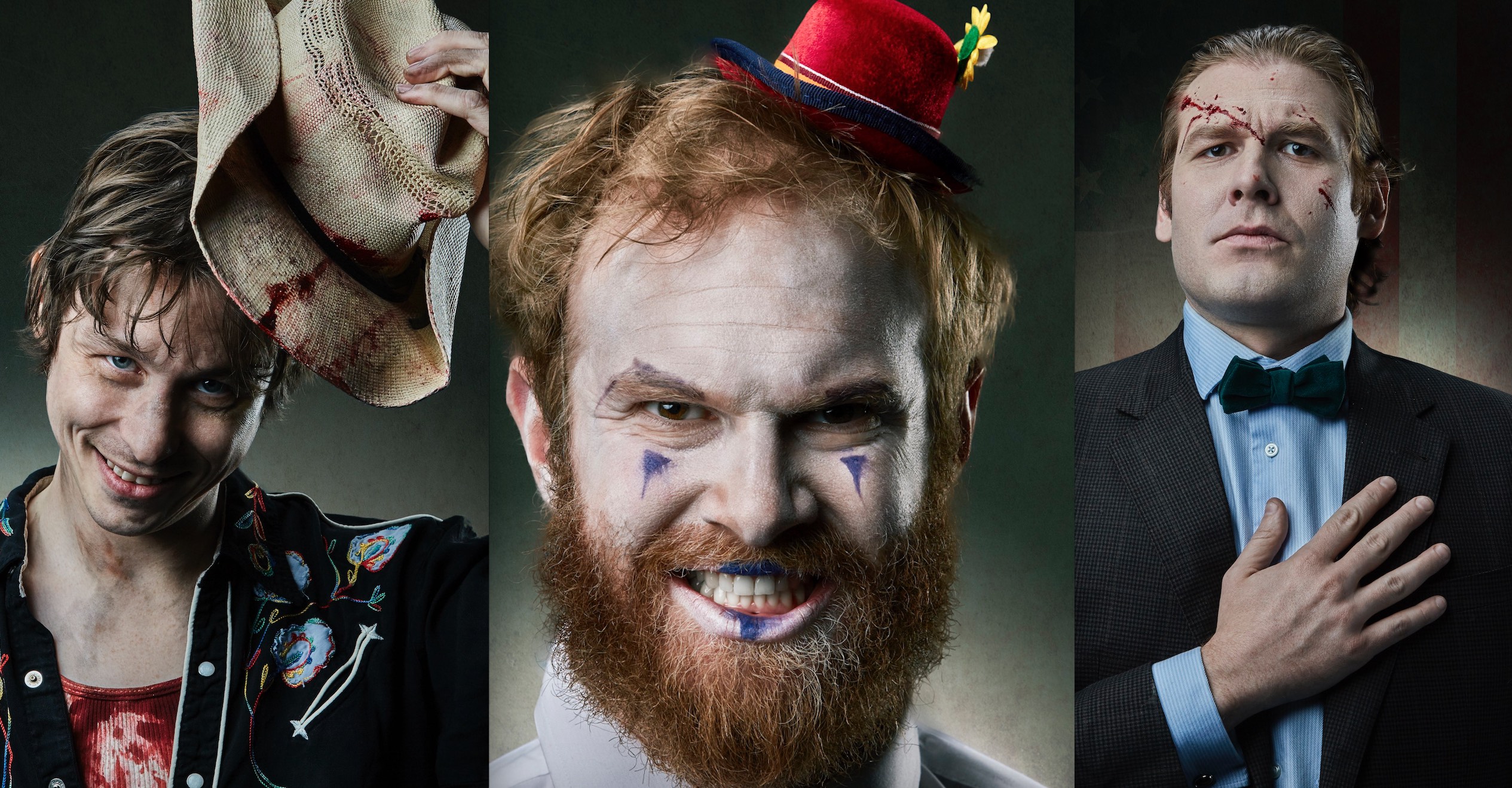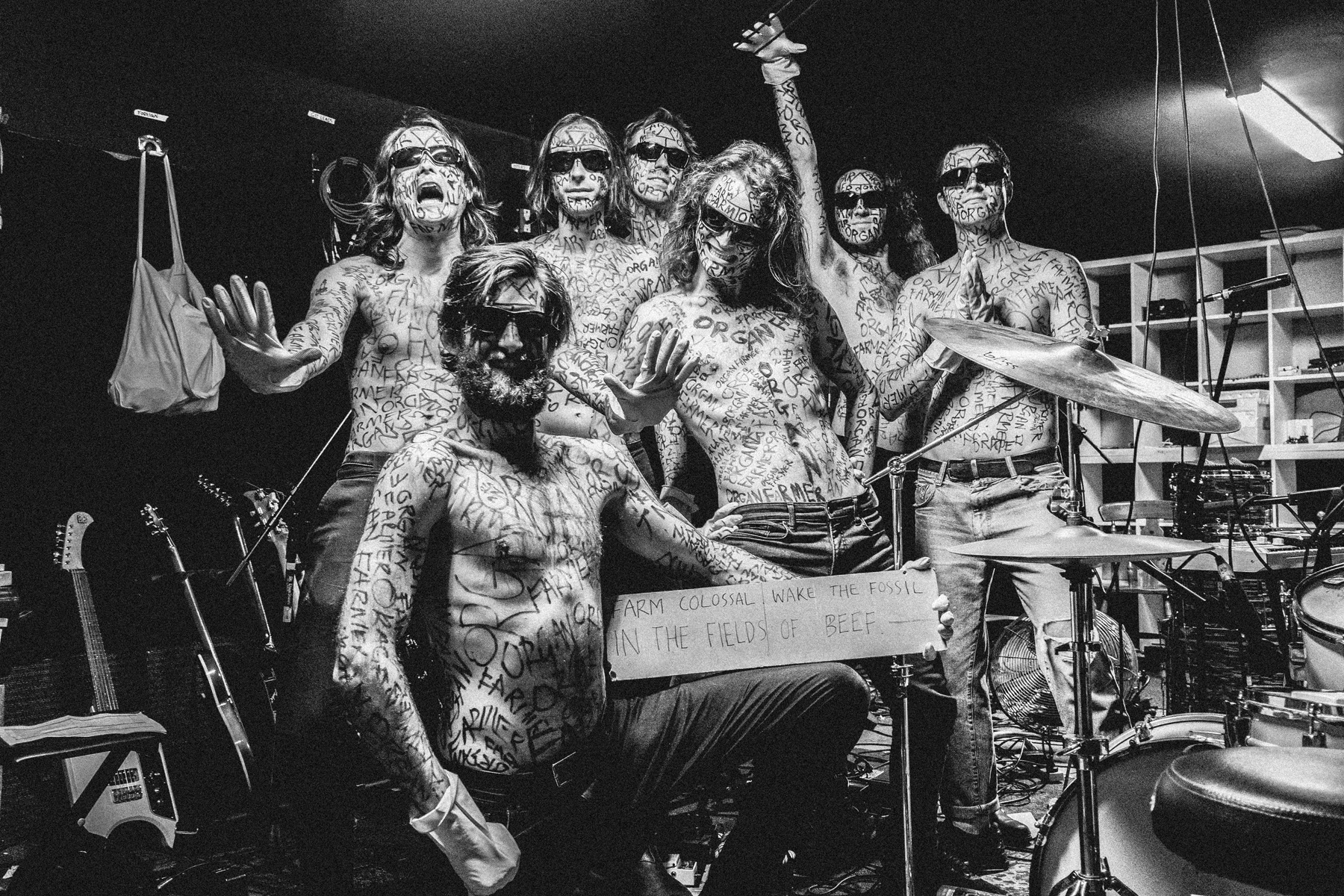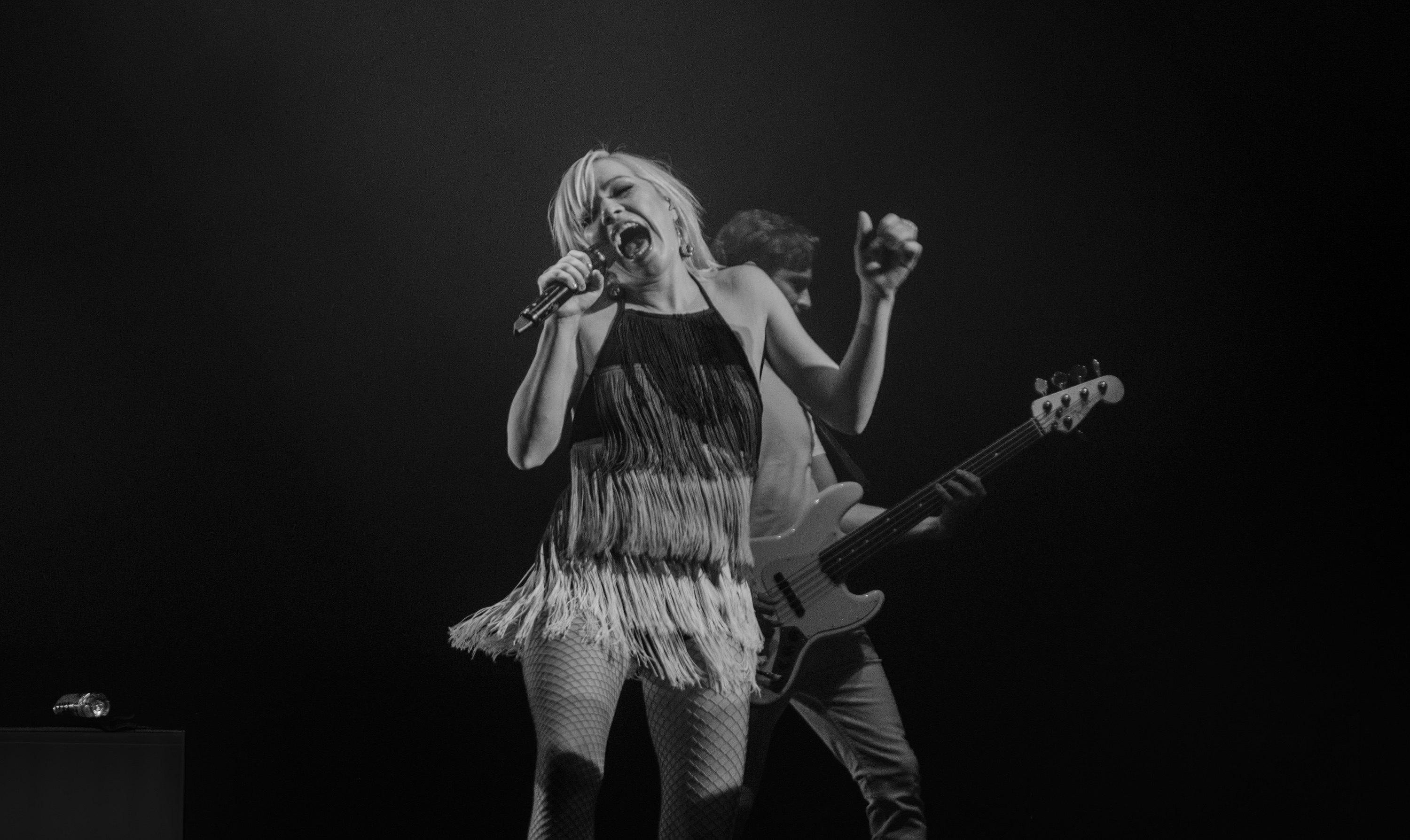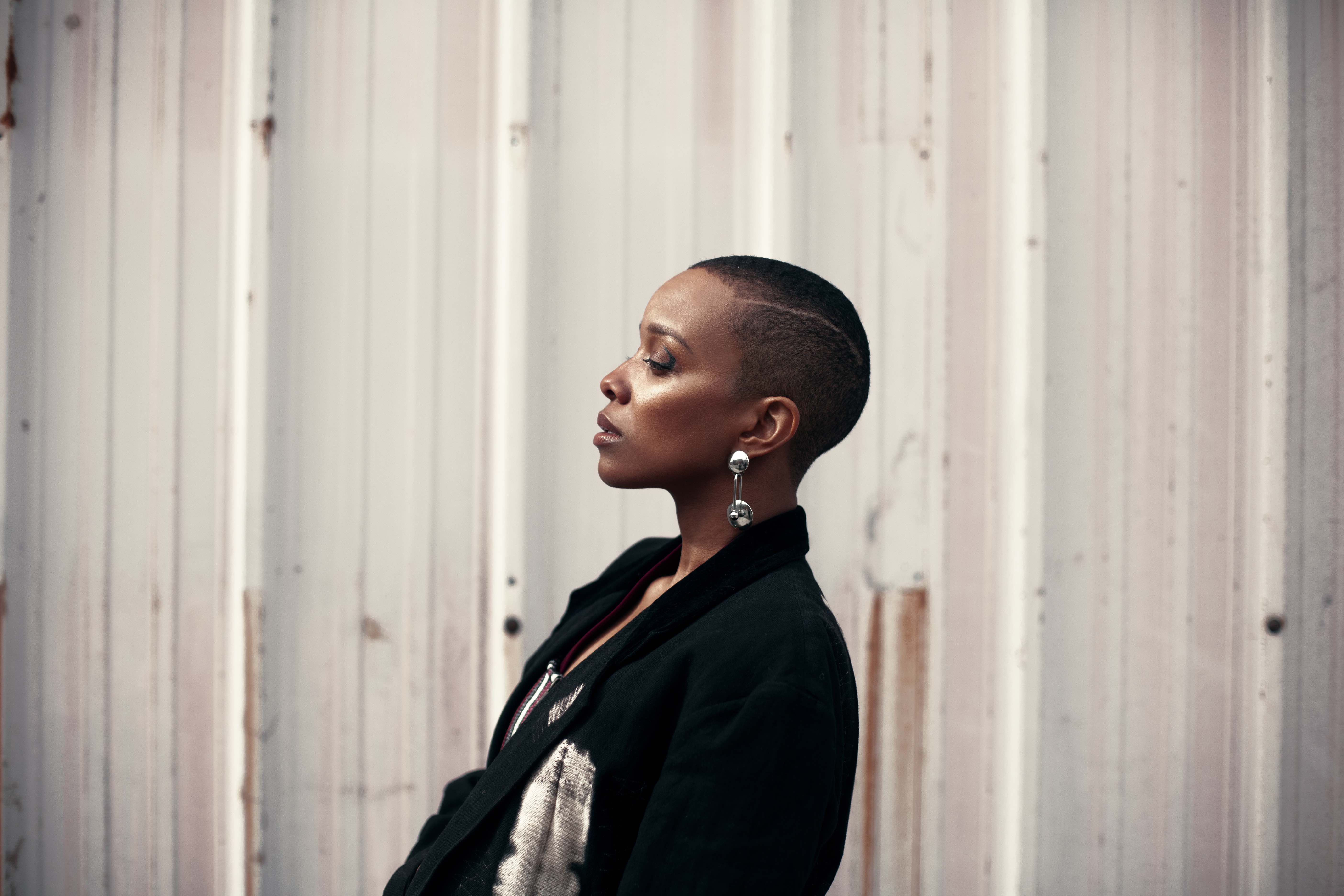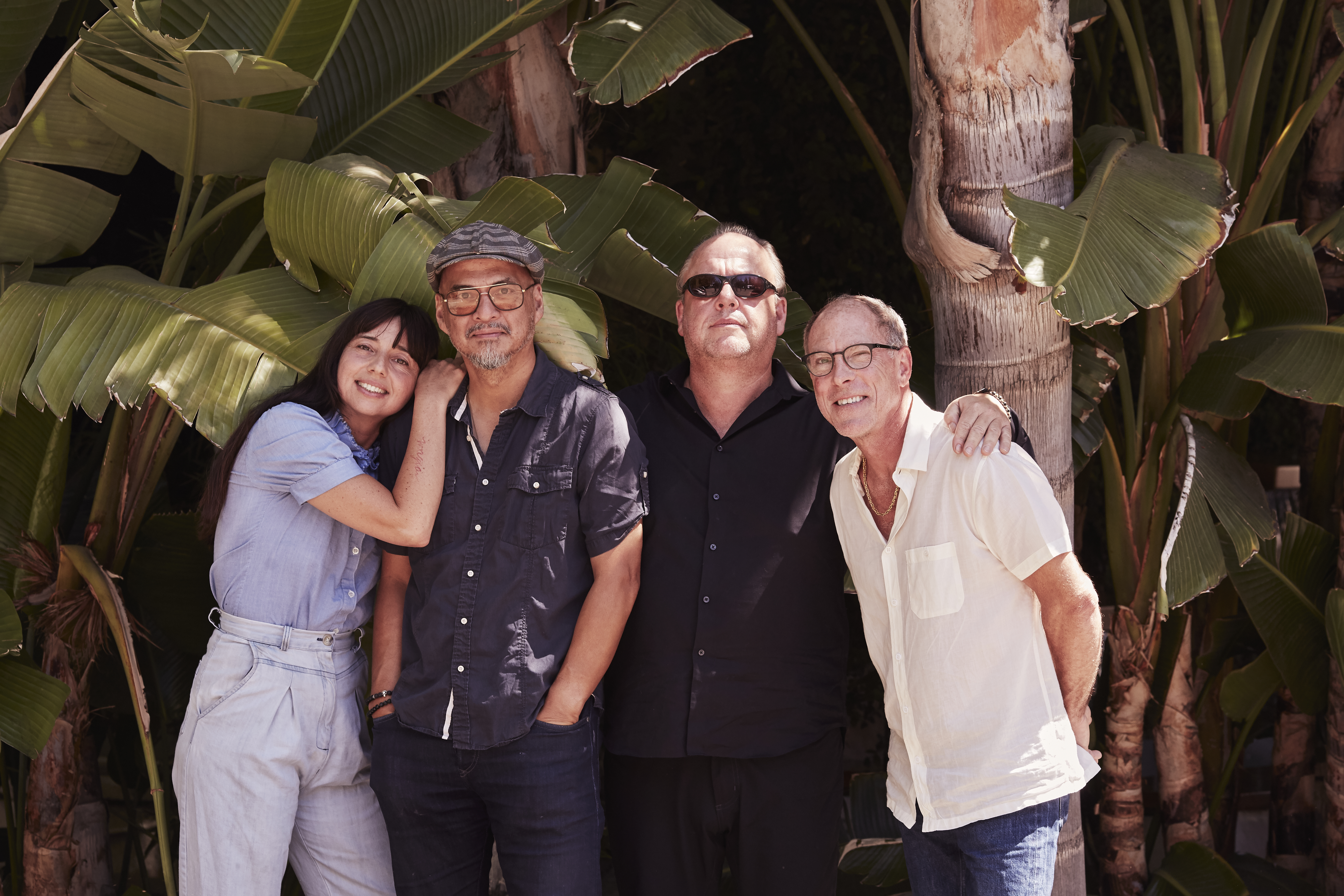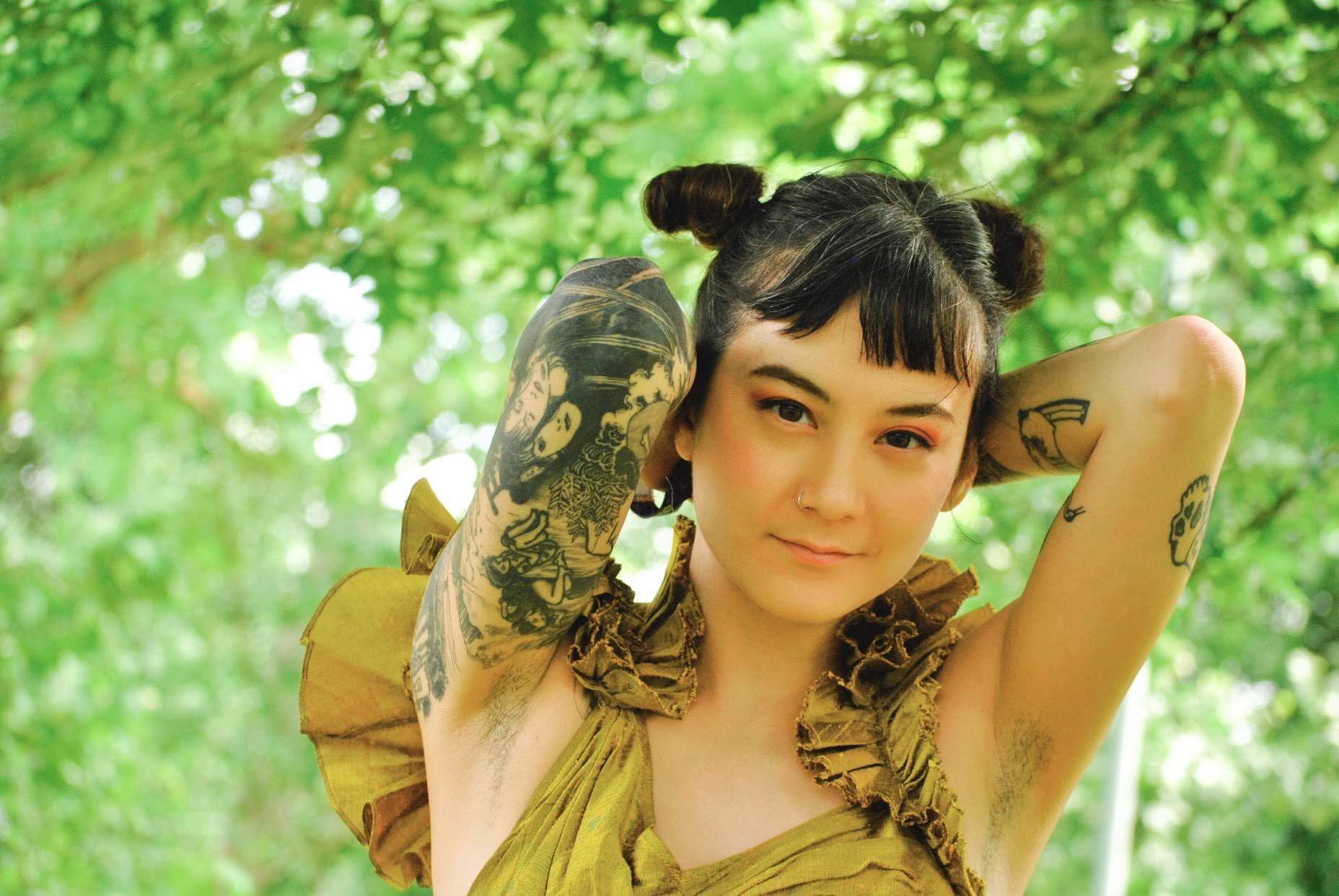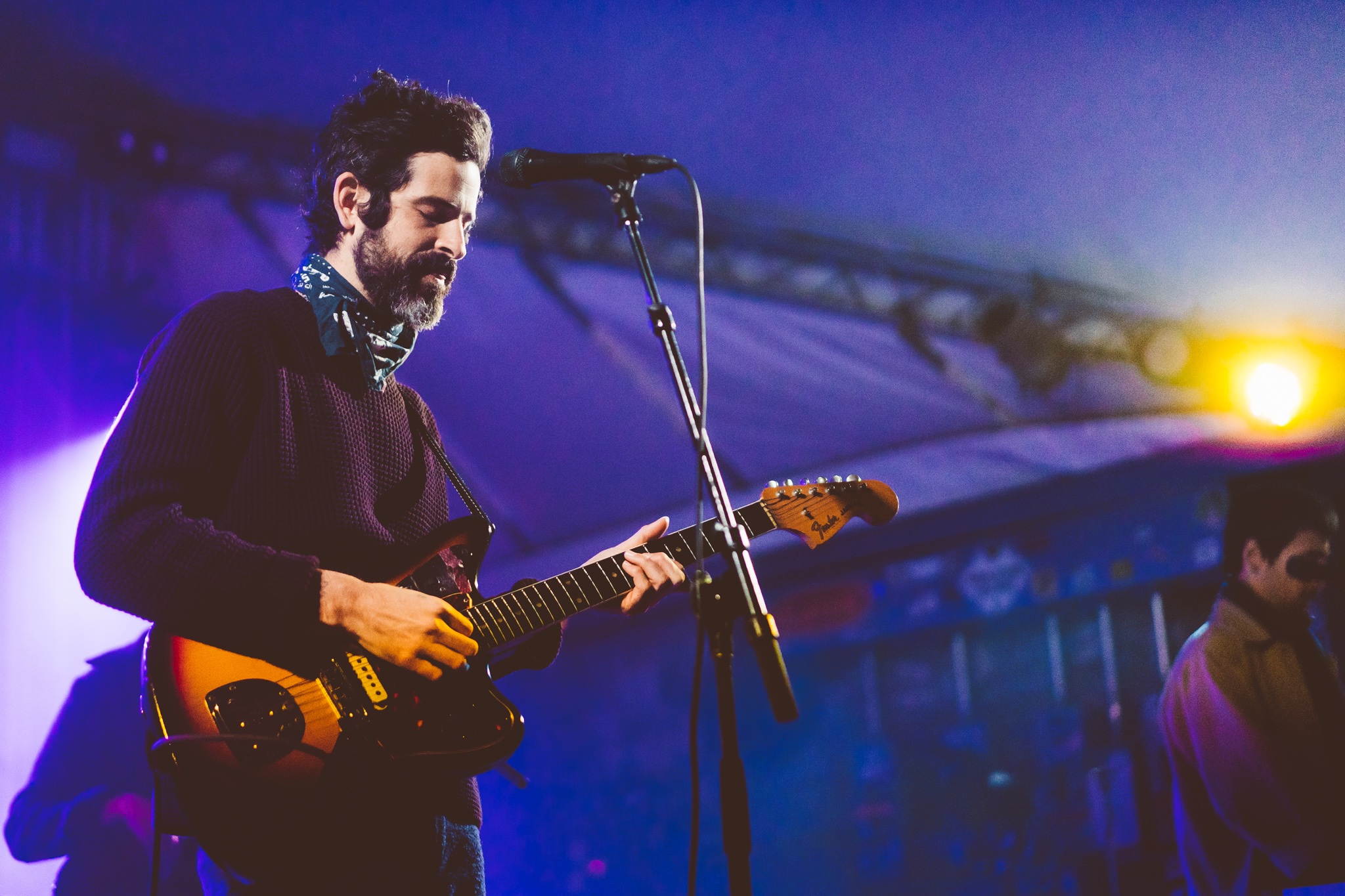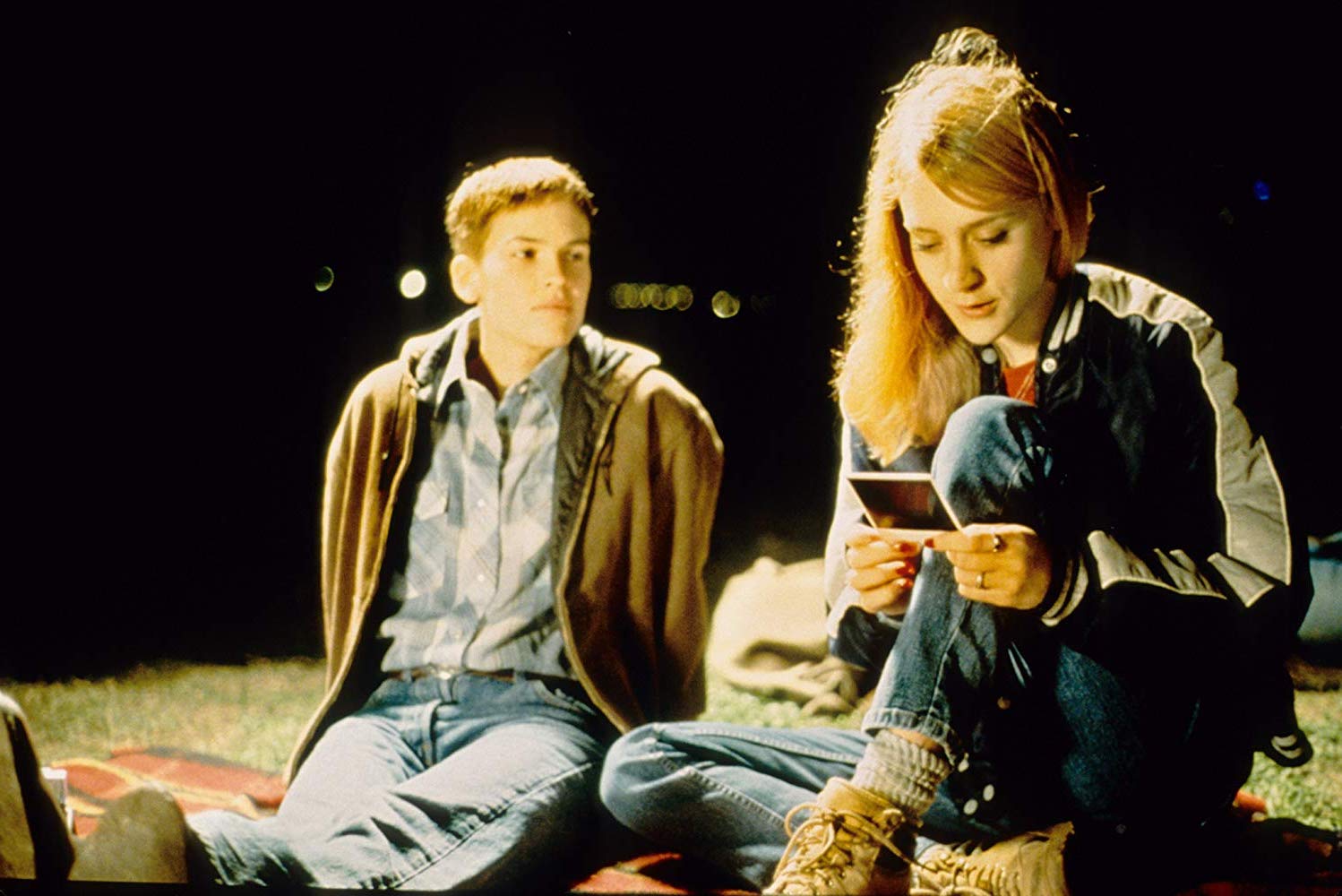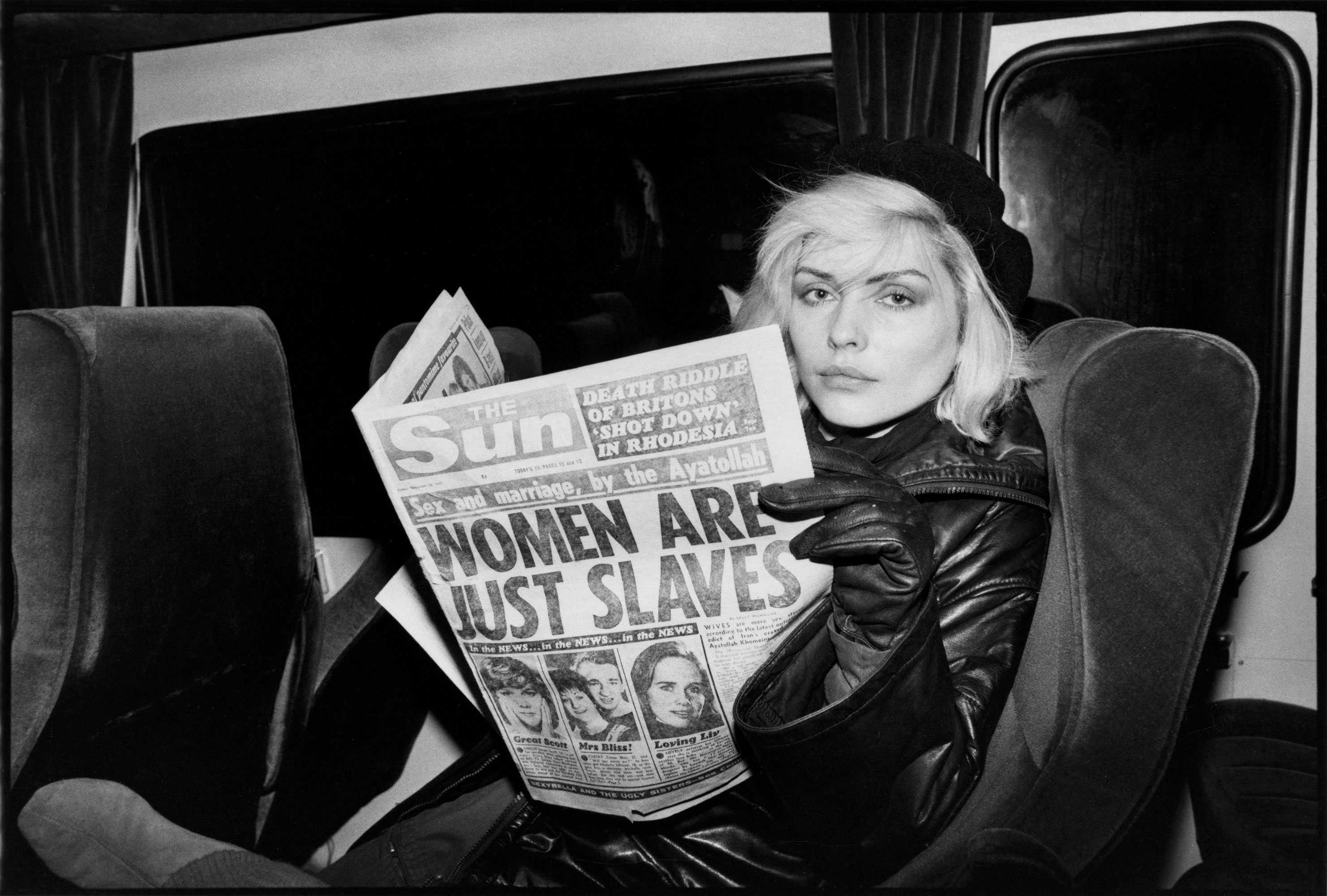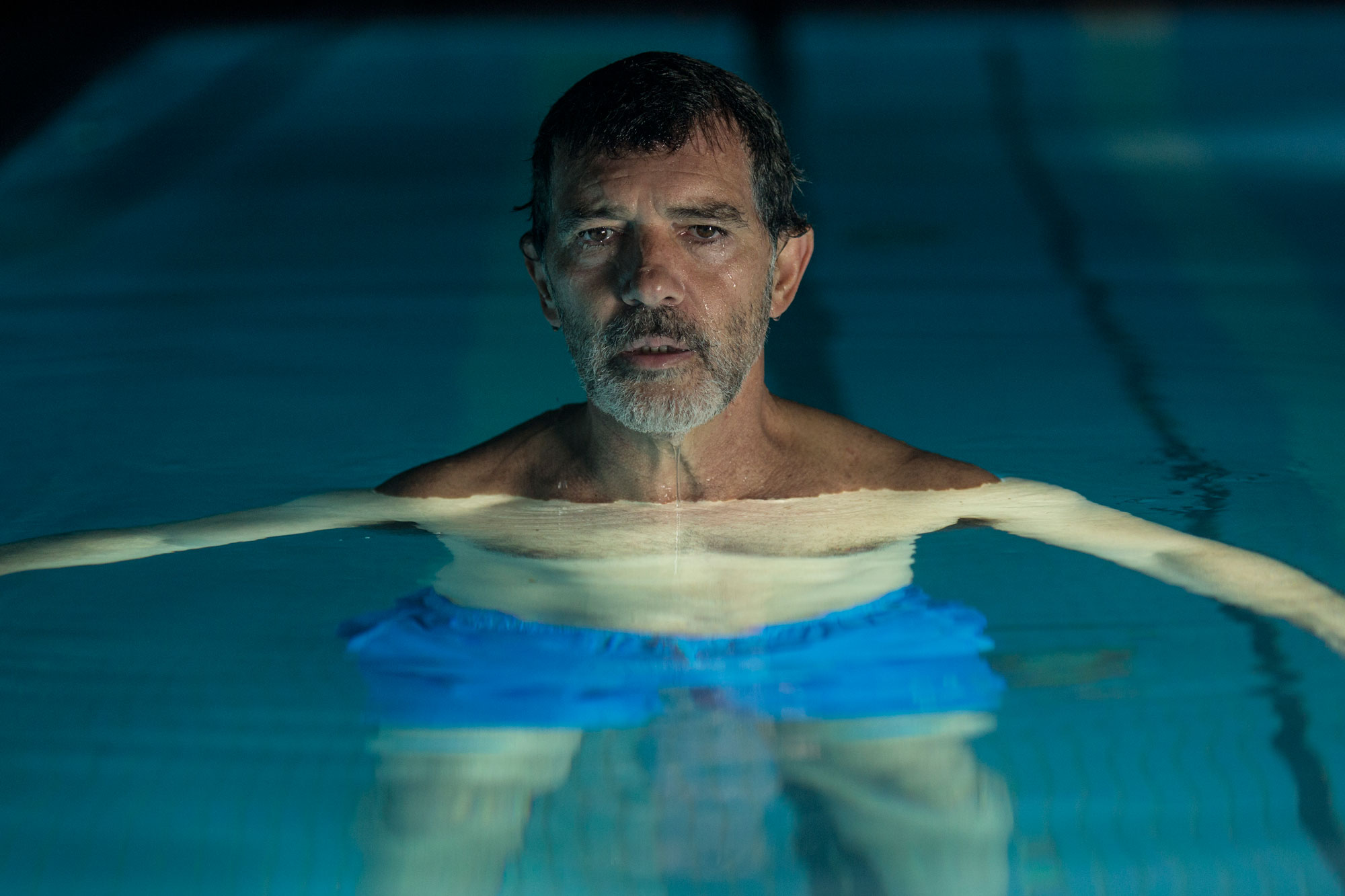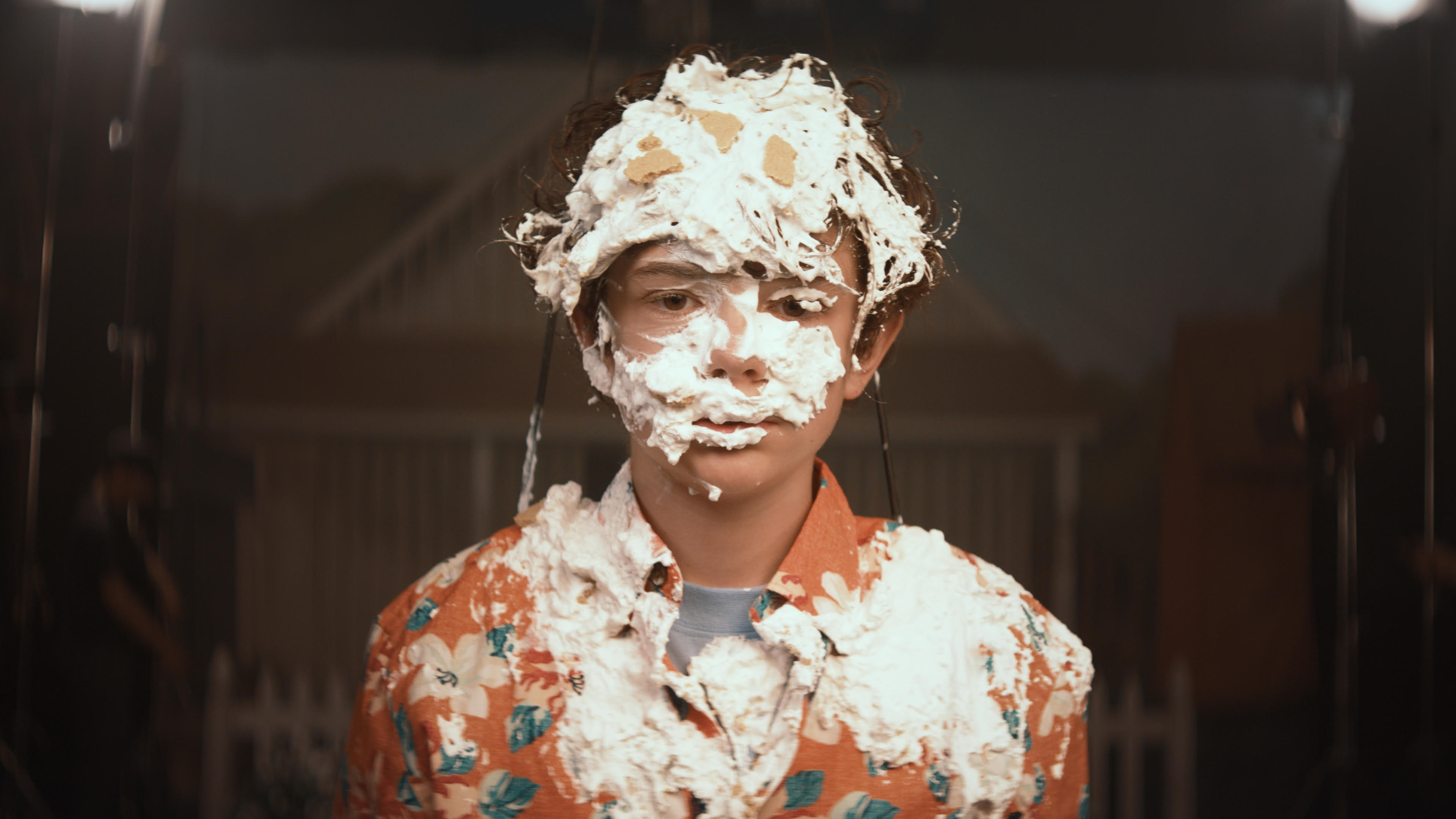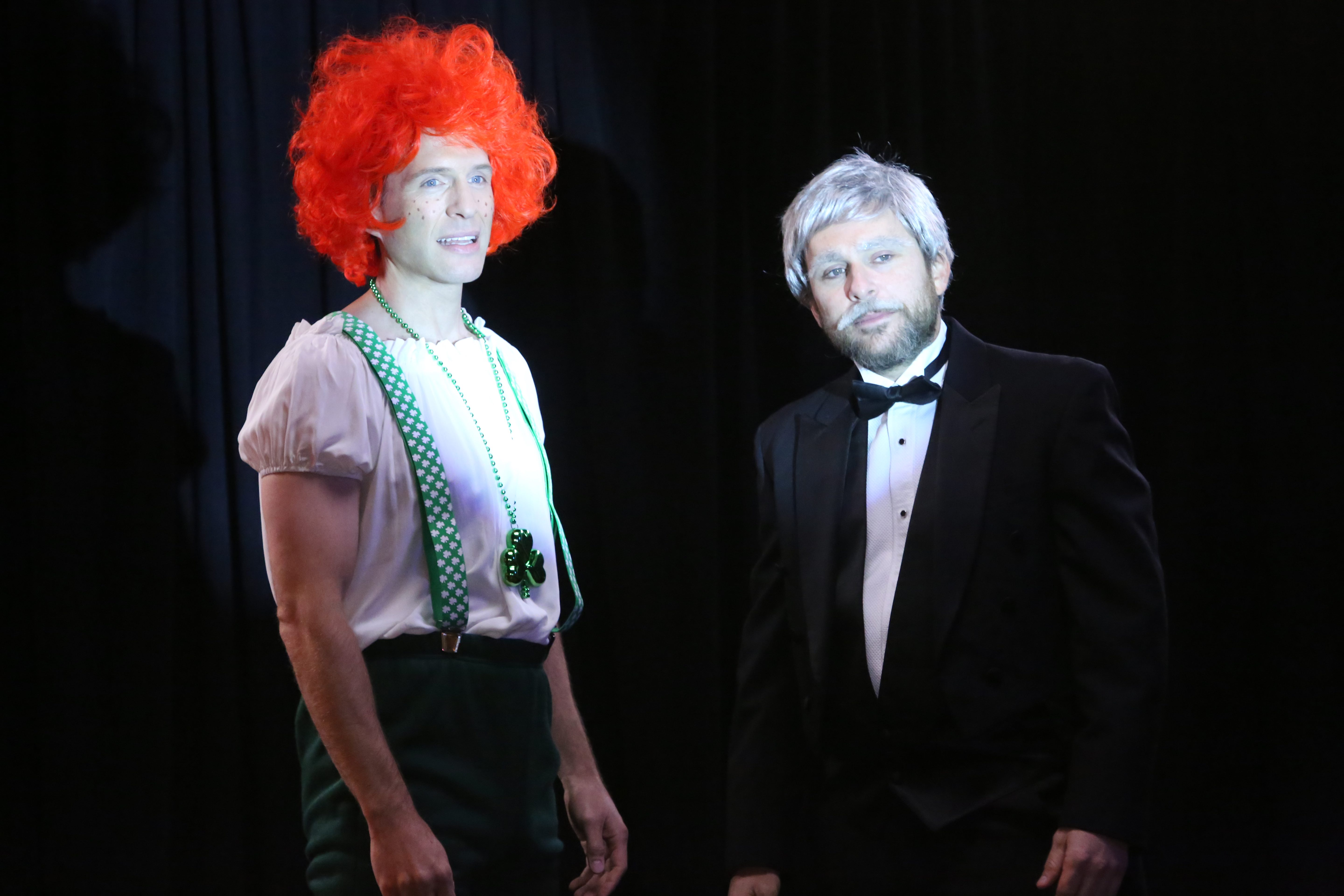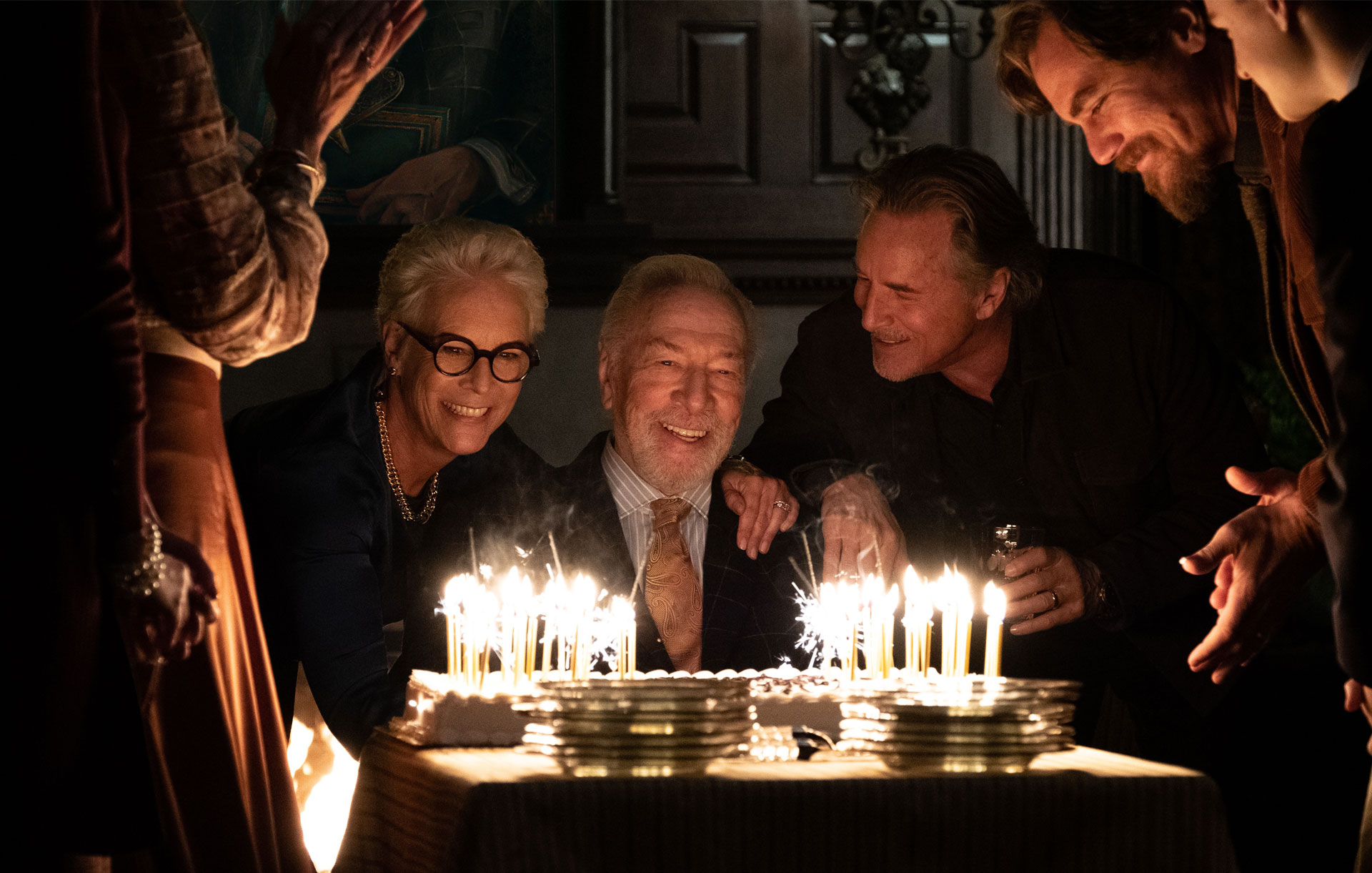With 2019 coming to a close, we’re taking a moment to look back on some of our favorite convos with some of our favorite artists, with topics extending far beyond the typical press cycle subjects—rediscovering feelings of grief at Costco, venerating Ned Doheny t-shirts, creating a “gross pee-pee and poo-poo” TV show, etc.
Additionally, themes of environmentalism and passions outside of creators’ artistic careers were intentional focuses for some of these chats, offering a deeper look inside the minds of some of the year’s biggest names.
Read on for twenty-five interviews (in no particular order!) that defined 2019 for FLOOD.
1. Weyes Blood
“It’s ironic that the Titanic would crash into an iceberg and sink, and now the icebergs are melting and sinking the third class of the world. They’re going to suffer at the expense of our wealth.”
—Weyes Blood Isn’t Afraid of Climate Change by Max Freedman
2. HEALTH
“We didn’t feel pressured to sound like the other bands that were playing the same shows in order to fit in. As such, we just experimented until we found our own identity.”
—As Always, the New HEALTH Record Is Darker, Heavier, and Dirtier by Mike LeSuer
3. Stephen Malkmus
“It’s potentially easier to do something by yourself, but it also could turn solipsistic and indulgent and a little bit weak if you don’t have the muscle and the vibe of other people.”
—Stephen Malkmus Learns New Tricks on “Groove Denied” by Carrie Courogen
4. The Flaming Lips
“Going down the wrong path is better than not going down a path at all—at least you’re going in some direction.”
—Straight from the King’s Mouth: Wayne Coyne on The Flaming Lips’ New Album for Record Store Day by Dan Epstein
5. Shooter Jennings
“I loved country music; suddenly, it was so much cooler than rock. As time went on, though, I started thinking I had turned my back on my former self.”
—Shooter Jennings Is Branching Out by A.D. Amorosi
6. Nicolas Winding Refn and Cliff Martinez
“Most music is used very poorly, because it just becomes, you know: ‘insert emotion here, there, and there’ … it’s often just underscoring what was already expected.”
—Nicolas Winding Refn and Cliff Martinez on the Primal Melding of Music and Image by Tim Greiving
7. Animal Collective
“We didn’t have to have a long conversation about what the environmental message was. Somebody who doesn’t scuba dive or know anything about these creatures could watch it and have their minds blown.”
—Geologist, Animal Collective’s Aural Morphology by Larry Fitzmaurice
8. Jeff Bridges
“I didn’t want to make another film pointing fingers at the bad guys and scaring people with the dire straits—I thought there was enough of that out there already.”
—Jeff Bridges: Rediscovering Fire with The Dude by Dean Kuipers
9. Alex Honnold
“If you learn one thing from climbing, it’s that you never conquer nature. Nature always conquers you. No matter how great you feel as a climber, all it takes is one event to remind you that you’re an insignificant piece of dust.”
—Alex Honnold: The Rock Whisperer by Anya Jaremko-Greenwold
10. Big Thief
“When I bring my little ceramic mug made by my friend into the coffee shop, and ask them to please put the coffee in there, I feel more myself. It’s little things, like turning off the water when I’m brushing my teeth.”
—For Big Thief’s Adrianne Lenker, It’s All About the Little Things by Erin Osmon
11. The Last Podcast on the Left
“We never make fun of the victims, but we do openly poke fun at the monsters or incels or these moronic serial killers that truly are just pathetic loser slugs.”
—Ben Kissel, Pod People: How “The Last Podcast on the Left” Explores the Dark Side by James Charisma
12. King Gizzard & the Lizard Wizard
“I was like, ‘I feel angry, so I’m going to make the most aggressive music I know how to.’ That’s where this record came from.”
—King Gizzard & the Lizard Wizard Can’t Be Tamed by Sean Neumann
13. Carly Rae Jepsen
“When I got a job as a coffee barista, I remember looking at the tip jar and thinking, ‘One day, I’m going to go somewhere.’”
—Running Away with Carly Rae Jepsen by Laura Studarus
14. Jamila Woods
“I was especially thinking about the songs when young people are listening to them. How can this be a moment where they can learn about someone they might not have learned about at school?”
—Jamila Woods Makes Poetry a Priority by Lily Moayeri
15. Pixies
“I think Charles Mingus said that if you don’t repeat things, then it’s just experimenting. It’s not musical. It’s musical energy. Unless you like try to replicate, duplicate, repeat those kinds of things, then it’s not really musical arrangement. It’s just jamming out.”
—Black Francis, Poolside with Pixies by Erin Osmon
16. Japanese Breakfast
“It’s always the weird stuff that hits you with grief. It’s not talking about it that fucks you up. It’s always like, a drive to Costco or the smell of a hat.”
—Japanese Breakfast’s Michelle Zauner Would Like to Make a Fun Album by Will Schube
17. Devendra Banhart
“People can be jaded about this idea that we need to elevate and celebrate the matriarchy. But in 90 percent of the world, femininity is incredibly suppressed.”
—Devendra Banhart Is as Enlightened as Ever by Erin Osmon
18. Tegan and Sara
“I think we felt a desire to expose ourselves and say, we weren’t always like this. It was hard. We were kind of shits in a way. We were homophobic. We struggled. And it wasn’t easy.”
—Tegan Quin, Then Is Now: The Return of Tegan and Sara by Mike Hilleary
19. Kimberly Peirce
“I got all the meetings with the top producers. I met all the actors. I was in demand. But when you were actually making your work, the interferences against female creativity were devastating.”
—Kimberly Peirce on “Boys Don’t Cry,” Twenty Years Later by Anya Jaremko-Greenwold
20. Debbie Harry
“I did like clandestine aspects of what we were doing. I liked the idea of the underground. I liked the idea of creating surprises—all of which is gone now.”
—Debbie Harry Is Gonna Make You Face It by A.D. Amorosi
21. Antonio Banderas
“In Spanish, words have a very specific emotional weight and in English, that weight disappears. It’s much easier for me to say, ‘I love you,’ than to say, ‘Te quiero.’ Because the emotional charge of ‘Te quiero’ has been concentrating in me since I was born.”
—Antonio Banderas on Becoming Almodóvar for “Pain and Glory” by Carlos Aguilar
22. Alma Har’el
“I think that in cinema—and in general storytelling—we’ve all been brainwashed for decades by a single white male gaze that captures masculinity and its expectations in a way that perpetuates, more and more, a lack of compassion.”
—Director Alma Har’el on the Therapeutic Nature of “Honey Boy” by Carrie Courogen
23. Glenn Howerton
“We were so grungy and grimy and ugly to look at as a show early on, and those first impressions really do matter. The show never looked good or polished. Even when the show is talked about in glowing terms, it’s often talked about like it’s a gross pee-pee and poo-poo show.”
—Glenn Howerton on Why “It’s Always Sunny” Never Got Huge Accolades—and Why That’s OK by Sean Neumann
24. Rian and Nathan Johnson
“I feel like we’re always trying to live up to the brilliance on display in our eight-year-old minds.”
—Nathan Johnson, “Knives Out” Collaborators Rian and Nathan Johnson on Powering a Modern Whodunit by Kyle Lemmon
25. JPEGMAFIA
“Society has adjusted to accept rap in its weirder forms—which is great to me, because that means weird black kids are accepted in their forms now, too.”
—JPEGMAFIA: Artist of the Year by Mike LeSuer

